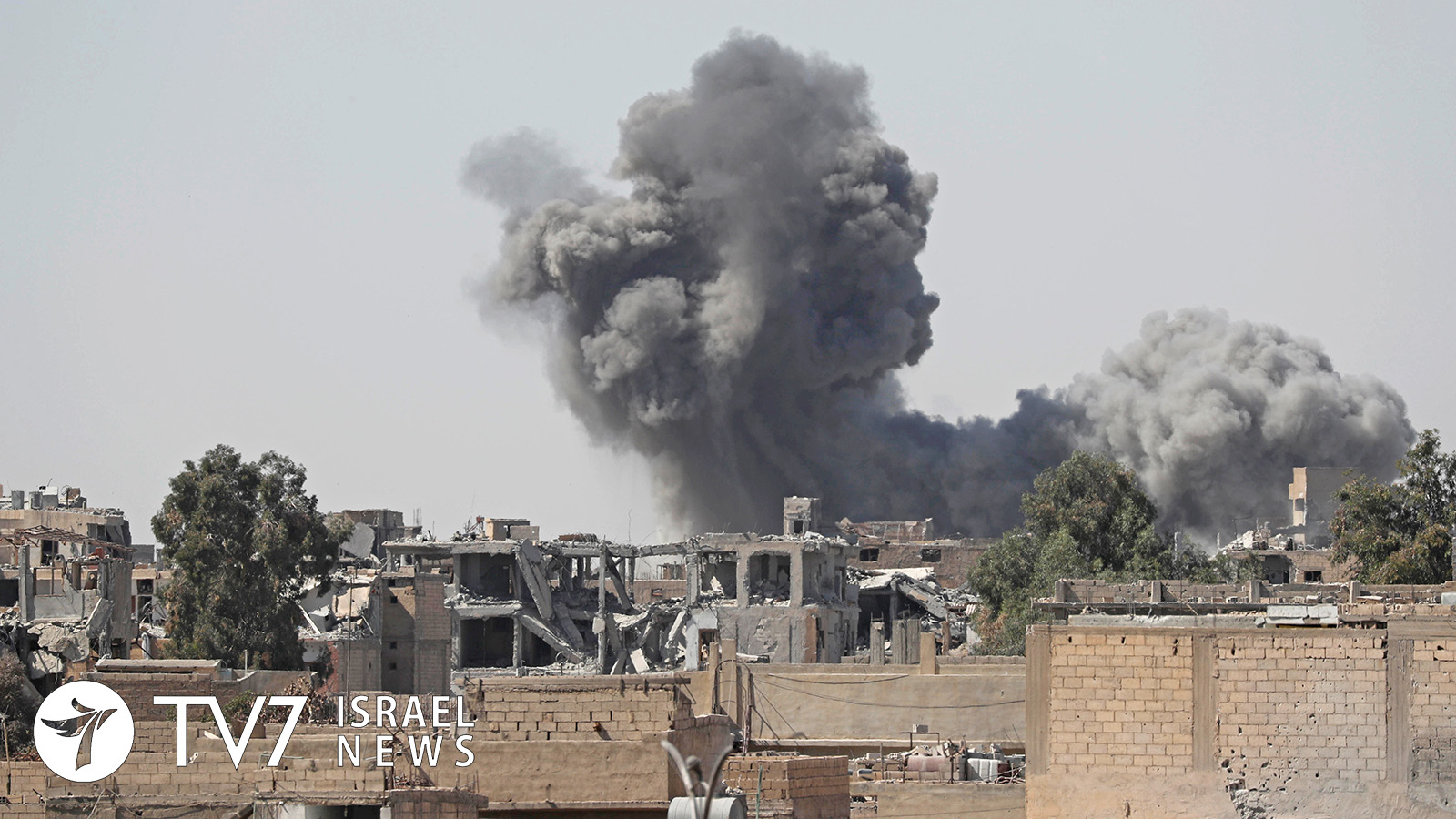Iran and its proxies topped nearly all the discussions Israeli Prime Benjamin Netanyahu held during last week’s visit to London, where he met with British Prime Minister Boris Johnson and top United Kingdom and United States defense officials. At the start of the weekly session in Jerusalem, the Israeli leader said the most key Iranian satellite consuming his focus was the Lebanon-based Hezbollah group.
Netanyahu told his ministers that he briefed the country’s Western allies on every “necessary step” taken by Israel, including both those that have already been undertaken as well as those yet to be carried out, while stressing that any actions would be “in coordination with the US, first and foremost.”
The Israeli Premier also revealed that he is “very likely” meet with Russian President Vladimir Putin later this week, regarding coordination between their respective militaries in Syria, “so as to prevent a collision given the upsurge in activity against us by Iran and its proxies, and our increased activity against them.”
The comments by the Israeli leader came several hours before reports surfaced early this morning over the bombardment of Iranian installations in Syria’s eastern village of Abul Kamal, near the border with Iraq.
Informed sources told TV7 that Shi’ite militias acting in cooperation with the Islamic Revolutionary Guards Corps Quds Force had attempted to launch a missile at the Jewish State. Even though Israeli airspace was never breached, IDF jets immediately responded by targeting a concentration of the Islamic Republic’s troops and vehicles, as well as pro-Iranian militias. At least 18 Shi’ite Islamists were reportedly killed in the strike.
A number of rockets were launched early this morning from the outskirts of Damascus, by assailants the IDF Spokesperson’s Unit identified as “Shi’ite militia operatives operating under the Iranian Quds Force.” Israel’s army reiterated that Syria is regime responsible for all events taking place on its soil, and further warned the regime of Syrian President Bashar al Assad that it will bear the consequences of allowing Iran to operate from its territory.
